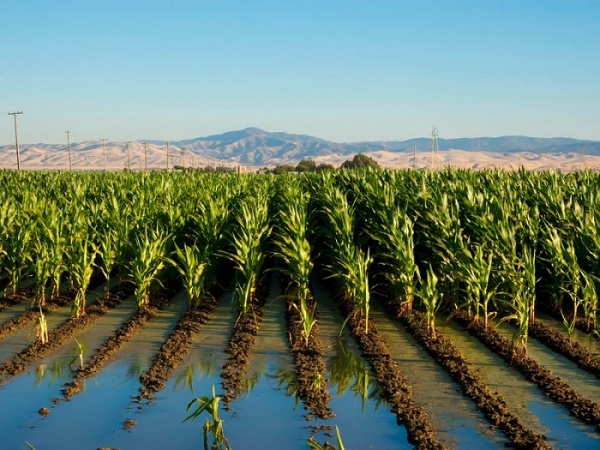Pakistani scientists are working in the field of bio-saline agriculture to cultivate wheat, maize, rice and other crops using seawater.
The information was revealed by Prof. Dr. Atta-Ur-Rahman, former minister and President of Pakistan Academy of Sciences, while delivering an online lecture titled, ‘The Thrilling World of Discovery” at the University of Karachi on Sunday. This event was organized by the International Centre for Chemical and Biological Sciences (ICCBS) and National Academy of Young Scientists in connection with the World Science Day.
Bio-saline agriculture is the study of using salty water for irrigating agricultural crops which is, in particular, useful for arid and semi-arid areas. These areas contain saline (30-50 g/L salt) water sources making them unfit for most crop plants. The similar concept was explained by Dr. Rahman in relation to the need of this field in Pakistan. He said,

“The country is already suffering from water shortage. Global warming will cause massive droughts across the world over the next 20 years. Socio-economic development is no longer dependent on natural resources. Knowledge has become the main driving force for world economies.”
He further said that the scientists at ICCBS have been working hard on various research areas including bio-saline agriculture. Moreover, the establishment of Jamil-Ur-Rahman Centre for Genomic Research at ICCBS will help accelerate the efforts of scientists working in this field.
Dr. Atta-Ur-Rahman, stressed that Pakistan needs to follow the footprint of countries such as China, Singapore, Korea, Taiwan who are using knowledge as the main driving force in achieving advancement in economic front.
Additionally, he informed the audience, about latest progress made in the field of science and technology around the world including Nanotechnology and e-textiles. He mentioned bullet-proof paper which is even stronger than steel and that e-textiles will be worn by people in about 10 years.











